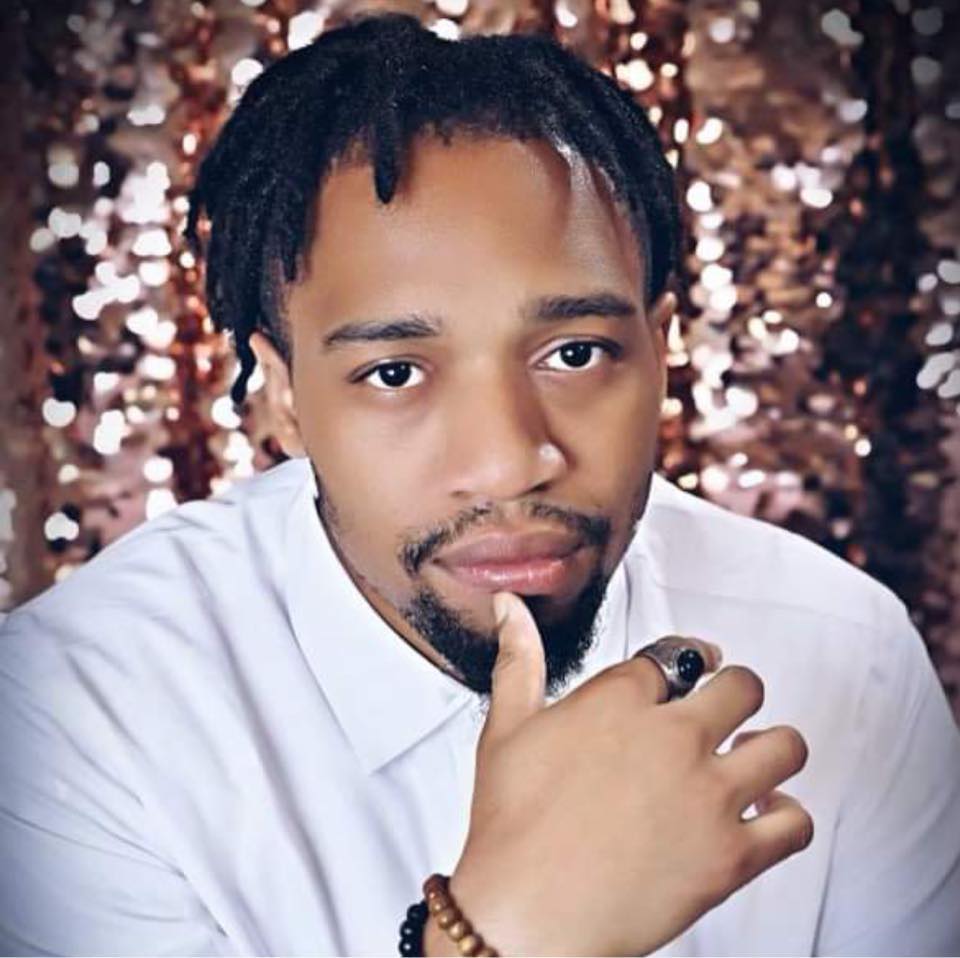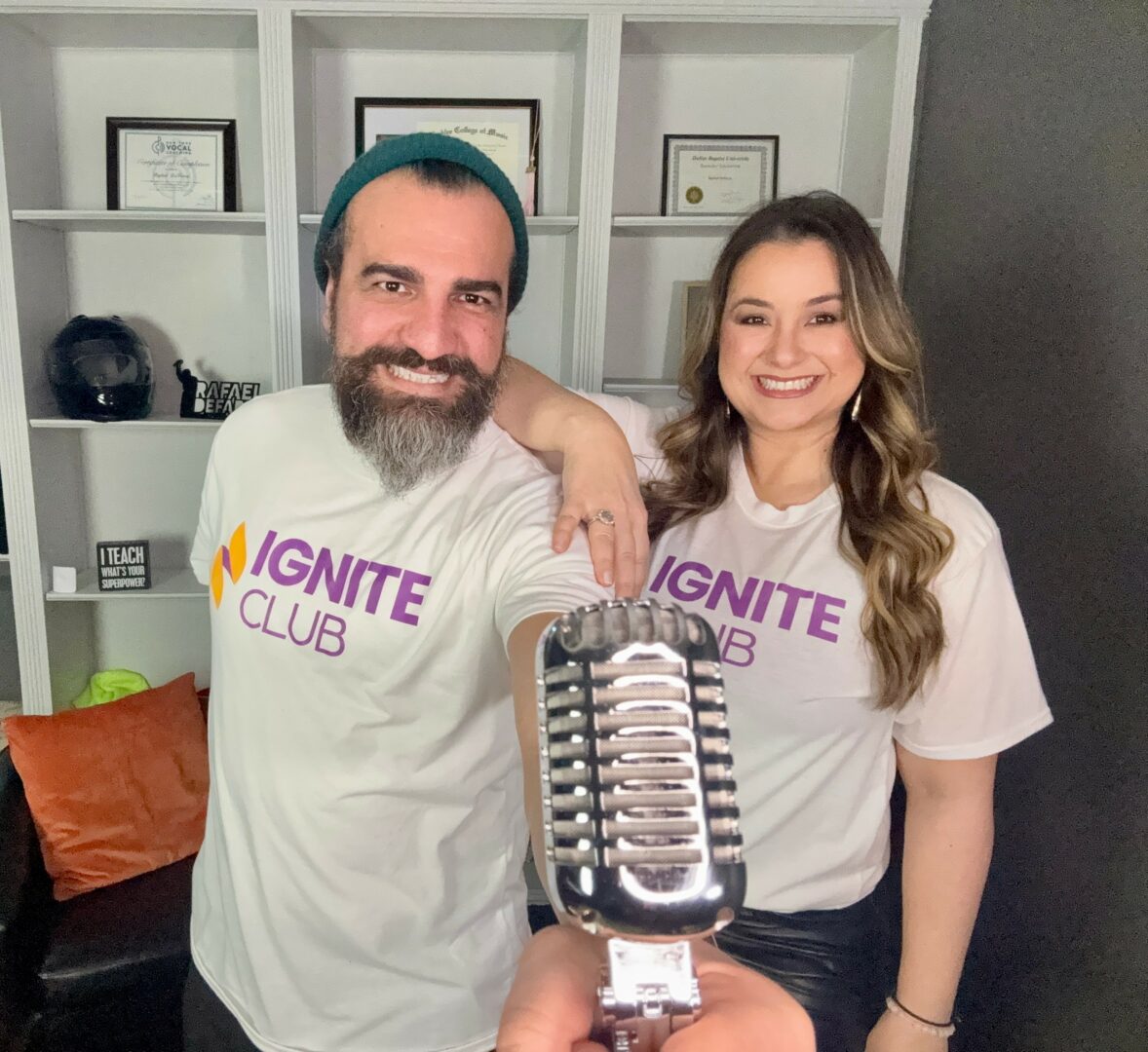We’re excited to introduce you to the always interesting and insightful Skylar Economy. We hope you’ll enjoy our conversation with Skylar below.
Skylar, we’re thrilled to have you sharing your thoughts and lessons with our community. So, for folks who are at a stage in their life or career where they are trying to be more resilient, can you share where you get your resilience from?
When I was 2 years old, I saved my brother’s life. My mom was napping, and I ran over to her and was able to burst out the words from my toddler mouth, “PJ… Spinning.” My mom woke up and ran to my brother who was standing, rotating in circles while seizing and gasping for oxygen. She caught him before he fell. This was just the first of many seizures I witnessed growing up with my brother.
Throughout the rest of my life, epilepsy was – and still is – a thing I have learned to live with. There were many nights of being woken up by firefighters stomping down our hallway to save my brother during a severe seizure, and many days spent visiting my brother in the hospital. At a young age, this made an impact on me – it taught me that no matter how challenging life may get, you have to keep living life. At the hospital, I’d slide around the halls in socks the nurses gave me, we’d play and laugh in his bed while we ate the hospital jello together – we continued living life regardless of our less-than-ideal situation.
When I was 15, my lifelong learnings of resilience were put to the test when it was my turn to be diagnosed with epilepsy. I was a competitive figure skater at the time, and I was starting my sophomore year of high school. I could have quit everything – or taken a semester or a year off as my doctor suggested. Instead, what helped me heal was to persevere and continue living my life how I wanted to live it. Even though it was extremely challenging as I adjusted to medication, dealt with my mental and physical health, and juggled school and doctors appointments – I never gave up. I even won a gold medal at Nationals for figure skating that year!
All of the obstacles I faced in my formative years helped me build up my resilience – which has directly translated to my film career. Film is a challenging career path – there are (many) rejections, long hours, failures, financial & professional insecurity, and more than a few moments of wanting to give it all up and take an easier path. But in all of those moments, I am reminded to keep going, and to keep pushing to live the life I want to live.
Appreciate the insights and wisdom. Before we dig deeper and ask you about the skills that matter and more, maybe you can tell our readers about yourself?
In middle school, I started writing scripts in notebooks with my friends and we would act out our scripts for an audience of exactly zero. It was a way for us to escape the real world for a few hours at a time. In high school, I joined my high school newspaper and fell in love with journalism – through this, I learned how to turn real life into engaging written stories. Once I got to college at UC Berkeley, I was on a mission to figure out how I could do both film and journalism. I started off in broadcast journalism, but over time, I realized that world wasn’t for me.
During my time at Berkeley, I explored film through theory classes – I learned about everything from color theory, film history, sound theory, and much more. When I was a junior in college, I became close with the organization for formerly incarcerated and system impacted students on campus: Underground Scholars. We developed a short, educational film about four formerly incarcerated students at UC Berkeley and their individual journeys to higher education – From Incarceration to Education (FITE Film). The goal of this film is to educate and inspire those who are currently and formerly incarcerated to seek higher education during or after incarceration. We were awarded grant money and we crowdfunded the rest to make the film. Since its release in 2017, the film has been screened at prisons, jails, juvenile halls, college campuses, parole meetings, courts, and organizations around the country. FITE is currently being broadcasted on the California state prison television network and is available at college libraries. At every screening we coordinate, we have a panel consisting of the film’s cast or local students who are system impacted. The film is a catalyst for discussion, but the discussion that follows is what connects people and creates action.
Today, I own my own production company and I direct and produce films – both documentary and scripted, music videos, client work, and commercial content. I have worked with companies such as The Atlantic, VICE, PBS, New York Times, CNN, The New Yorker, NFL, Toyota, and Netflix on film and photography projects. I am a Director and Producer for Condé Nast, working on video content for Architectural Digest, Condé Nast Traveler, and SELF. My films have been recognized through a number of accolades with organizations such as the Clinton Global Initiative, Fast Company’s World Changing Ideas, Realscreen, and Red Bull Amaphiko’s Academy for Social Entrepreneurs
In addition to my freelance work, I am currently directing two feature length films: “Lifers” and “Untitled Epilepsy Film”:
“Lifers” is a film I’ve been working on since 2017 – it’s about the Lifers Group, a hip-hop group that was formed in Rahway State Prison in the early 1990s. Their mission was to educate the youth about the harsh realities of prison. In 1992, the Lifers Group became the world’s first hip-hop group to ever be nominated for a Grammy while incarcerated. In 2017 I had the good fortune to meet Maxwell Melvins, the founder of the group, and we’ve been working on this film ever since. I am working in collaboration with Big City TV and Everywoman Studios for this film.
“Untitled Epilepsy Film” is a hybrid documentary that follows my personal journey of coming to terms with my epilepsy, something I had kept a secret from friends and family for many years. While epilepsy is one of the oldest recognized neurological disorders, it remains stigmatized, which has led to a lack of funding and awareness. Using a mix of a real, verité world and a fantasy world, I embark on a journey to better understand my diagnosis and make sense of my past, including my family’s history with the condition. In following my story, the film aims to shine awareness on epilepsy, the high financial and emotional costs associated with it, and to destigmatize it. I am working with 371 Productions for this film.
If you had to pick three qualities that are most important to develop, which three would you say matter most?
When I look back at the journey that led me to where I am today, the three most important qualities I’ve learned and utilized are: perseverance (as I mentioned earlier), confidence, and risk taking.
As mentioned, I learned perseverance at a young age. This has been an integral skill during my years of trying to foster a career in the film industry. I’ve found it important to keep moving forward no matter how difficult things may be, or how discouraged you may feel. There’s always a light at the end of the tunnel. I’m a firm believer in the notion that you’ll find success (whatever that means to you) if you don’t give up.
Confidence! This one is important and it took me a long time to gain this skill. Confidence in yourself, your skillset, and your craft is an extremely helpful attribute to have in the film industry (well, any industry for that matter). Whether I’m directing on set, in a pitch meeting, sending a cold email, or developing a film, confidence in myself helps carry me through those moments where insecurities can creep in and disrupt the process.
And lastly, risk taking has been integral to me. For me risk taking means being open to plunging into the unknown, which can be frightening. My risk taking stems from growing up in an environment where “tomorrow” was never guaranteed. For example, in my senior year of college, I was offered a job at CNN at the same time my short documentary (FITE Film) was in the running for its first grant. It was ultimately a very difficult choice (job & income stability versus following my dreams), and I decided to do what I really wanted to do with my life – to make my film. This decision made life much more challenging on many levels, but it was worth it. It changed the course of my life forever, and for the better.
What’s been one of your main areas of growth this year?
Over the last year, I’ve learned so much about myself personally and professionally. The biggest takeaway has been knowing my worth and not being afraid to ask for what I deserve. For so many years, I often undersold myself and was afraid to ask for more – specifically, when it came to payment, work-life balance, and boundaries. I always felt guilty asking for more money, or I felt like I wouldn’t get the job if I asked for more. I believe this is something many women deal with. I still sometimes struggle with this, but I’m getting better. Work-life balance wasn’t in my vocabulary until Covid – my life was consumed with work until then (yes, sad that it took a global pandemic to make me realize this). I think this will always be a balancing act, but I have learned to try and prioritize life over work when I can. As far as boundaries go, this is something I have improved on this past year as well. Due to the nature of my work, I work with many different personalities on many different projects, which can be intense on an emotional and physical level. I used to force myself into situations and work environments that weren’t healthy – long hours, dangerous scenarios, and more. Now, I value myself more and feel like I can stand my ground if need be, and say no to people and scenarios that don’t feel right to me.
Contact Info:
- Website: www.skylareconomy.com
- Instagram: https://www.instagram.com/skylareconomy/
- Linkedin: https://www.linkedin.com/in/seconomy/
- Twitter: https://twitter.com/SkylarEconomy








Image Credits
Melissa Cassandra Olguin (headshot), Sarah Jordan (B&W film shot)




